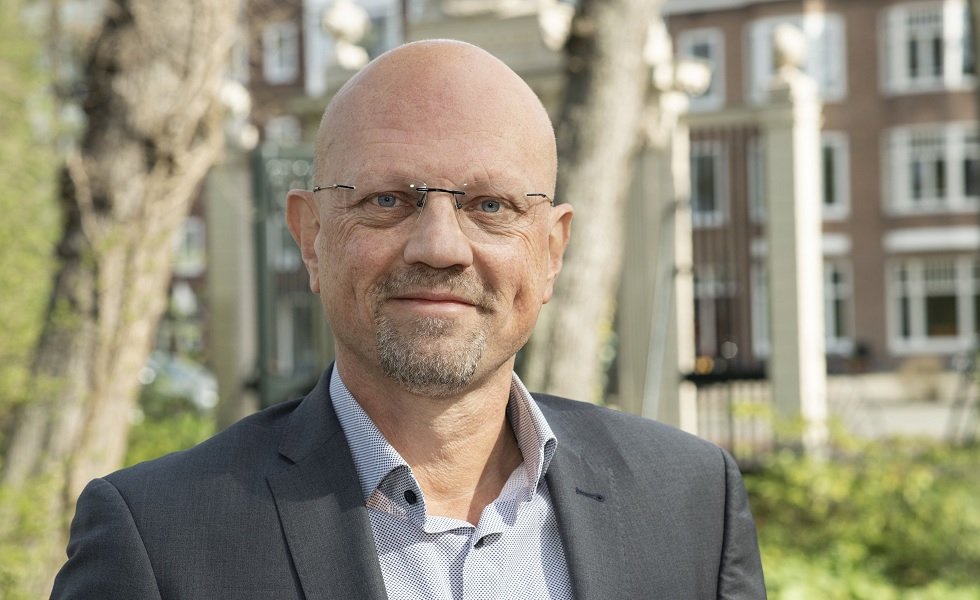Harry Geels: A plea for the Homo Ethicus
Harry Geels: A plea for the Homo Ethicus

This column was originally written in Dutch. This is an English translation.
By Harry Geels
Homo Economicus – the selfish, rational human being – is an outdated model. Yet it remains dominant in economics education. It is time for a new view of humanity: Homo Ethicus.
In a recent interview with Financial Investigator, Emeritus Professor Lans Bovenberg stated that current economics education, especially at secondary school level, is still based on an outdated view of human nature, namely that of Homo Economicus, the rational utility-maximising human being who only serves his own interests. And this despite the fact that economic science itself has already debunked this concept. Firstly, people do not always make rational decisions. They are guided by behavioural and cognitive biases.
Secondly, people do not always attach importance solely to their own interests, but also to social and ethical issues such as justice, sustainability and reciprocity. Bovenberg: ‘When people give something, they want something in return. And vice versa, when people receive something, they are willing to give something in return. The terms 'homo ethicus' or 'homo moralis' are much more appropriate. It is important, however, that people can trust that there is reciprocity. And that starts with a government we can trust.’
The government cannot be trusted
In the interview, Bovenberg warned that public authorities are becoming increasingly unreliable: ‘The rise of conservative populism is in fact an expression of a lack of trust in the state as a cooperative entity. [...] Ultimately, faith in institutions and money as a promise from the state must be restored. Otherwise, the consequences will be incalculable.’ Touché. In a column in February this year, I identified five causes for the rise of conservative populism. The crisis of confidence in the government is one of them.
I also believe that the government cannot be trusted (there are plenty of examples). Moreover, the (supranational) government interferes too much in people's lives, which is counterproductive. This undermines the (mutual) trust that people naturally (want to) have. Paradoxically, this reinforces egocentrism. Politicians who turn against the government – such as Donald Trump – only become more popular as a result. The social-liberal politics of recent decades have thus created their own devil's children.
Two (philosophical) ways to improve your morals
Ultimately, it comes down to our own ethical behaviour. We are not learning enough about this, especially at school. The government has become unreliable and the churches no longer have a good reputation among many people. However, restoring trust is important. Bovenberg is therefore right to argue for the restoration of Homo Ethicus, especially in education. He does this as a Christian by linking economics to the humanities and by referring to Adam Smith, economist and moral philosopher, among others.
Smith is regarded as the founder of capitalism, partly thanks to his book ‘The Wealth of Nations’. But he wrote an equally important, perhaps even more important book, The Theory of Moral Sentiments, that is not taught in secondary schools. In it, Smith discusses, among other things, that sympathy is the basis of morality. To explain how people develop a sense of right and wrong, Smith introduces the concept of the ‘impartial spectator’, an internalised, imaginary observer who objectively judges our actions.
Smith argues that virtues such as prudence and justice are essential for a well-functioning society. And he contrasts self-interest with moral restraint. Smith was not the only philosopher who considered personal morality important. Other important philosophers in this field were the Stoics, Kant, Mill and Hume. The first three argued that we can arrive at a kind of moral (virtue) framework through rational reasoning. Smith and Hume belong more to the ‘emotional school’, in which emotions drive morality.
Are most people virtuous?
I have difficulty with Rutger Bregman's popular book ‘Humankind: A Hopefull History’, in which he claims most people are ultimately virtuous. For one thing, he regularly looks down on his own readers and other people's research. Secondly, I could just as easily write a book full of examples showing that most people are not vrituous. Thirdly, no framework is outlined for what constitutes virtue. And there is another major dilemma in Bregman's argument. If most people are virtuous, how is it possible that (supranational) authorities have to impose all kinds of virtuous programmes and regulatory frameworks on us from above?
Apparently, people are incapable of being virtuous on their own. Bovenberg is right that (economic) education is inadequate. We learn virtually nothing about Homo Ethicus, and philosophy, in all its facets, is given far too little attention. We mainly train people to function well in the current system, in a limited field, for example as careerists for large corporations. I therefore fully support Bovenberg's plea. We must teach people, starting with politicians, about integrity, trust and reciprocity again.
Whether this is done through religion or philosophy is irrelevant to me. However, (supra)national organisations should take a step back. Otherwise, people will never think for themselves (again). These official bodies may have good intentions, but ‘the road to hell is paved with good intentions’. Too often, critics of (supranational) authorities, even those with good intentions, are immediately dismissed as anti-social or anti-climate. This socially damaging polarisation is now tearing us down the moral road to hell at an irresponsible speed.
This article contains the personal opinion of Harry Geels.
